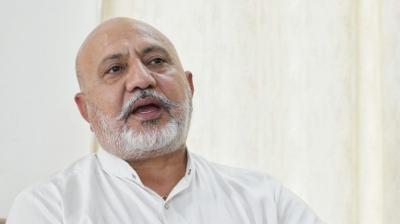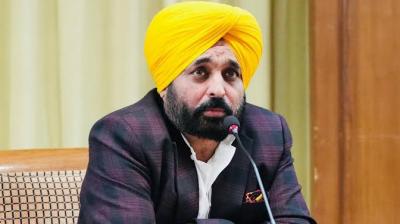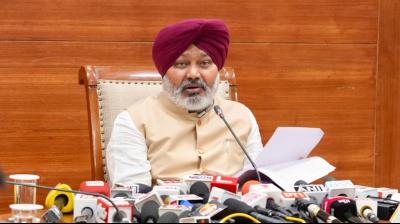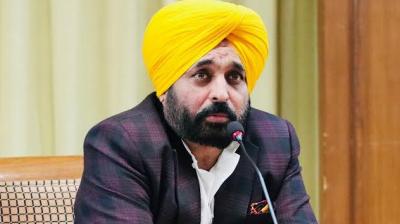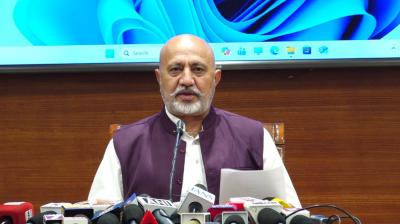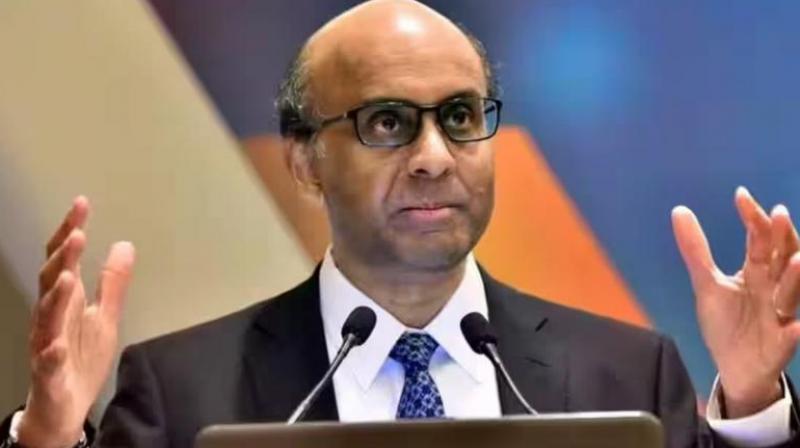
Tharman Shanmugaratnam Got a Staggering 70.4 Percent of the Votes
SINGAPORE: In a historic turn of events, Singapore has once again witnessed the rise of a President of Indian origin. Tharman Shanmugaratnam, a former minister and renowned economist, secured a resounding victory in the presidential election, capturing a staggering 70.4 percent of the votes. This victory paves the way for Shanmugaratnam to become the 9th President of Singapore.
The Election results, following the conclusion of voting on Friday, mark a significant moment in Singapore's political landscape, as it's the first presidential election since 2011. Shanmugaratnam's rivals, Ng Kok Song, former Chief Investment Officer of the Singapore State Investment Corporation, garnered 15.72 percent of the votes, while Tan Kin Lian, former head of the state-owned insurance group NTUC Income, secured 13.88 percent.
The Presidency in Singapore is primarily a ceremonial role with limited executive powers, focused on representing the nation rather than influencing policy making for the common people.
Tharman Shanmugaratnam, a 66-year-old Indian-origin economist, formally launched his presidential campaign a month ago, emphasizing his commitment to showcasing Singapore's rich culture to the world. His political journey began in 2001, and over the past two decades, he has been actively involved with the ruling People's Action Party (PAP) in various public sector and ministerial positions. Notably, he served as the Deputy Prime Minister of Singapore from 2011 to 2019.
Shanmugaratnam's victory will see him succeed the current President, Halima Yakub, whose six-year tenure is set to conclude on September 13. Halima Yakub, the 8th President of Singapore and the first woman to hold this esteemed position, has Indian-Malay heritage.
Notably, The 2017 presidential election in Singapore was unique as only members of the Malay community were eligible to contest. During that election, Halima Yakub was nominated as the President, given the absence of other candidates. This year's presidential election is a significant step in the nation's democratic process, following a gap of more than a decade since the last one in 2011.



